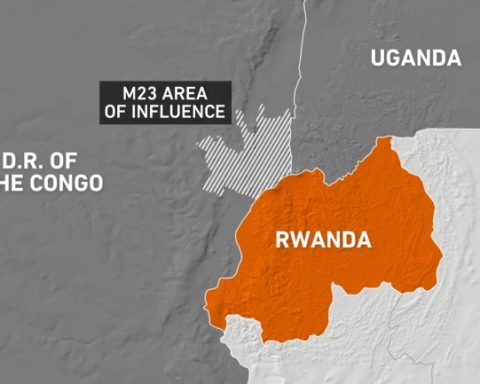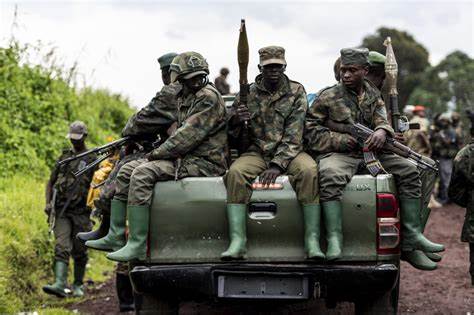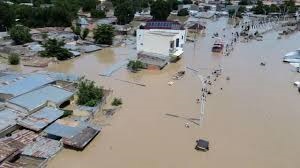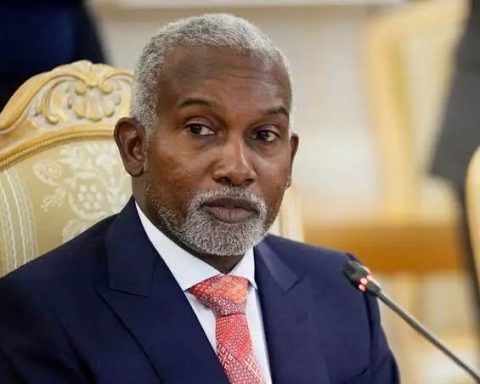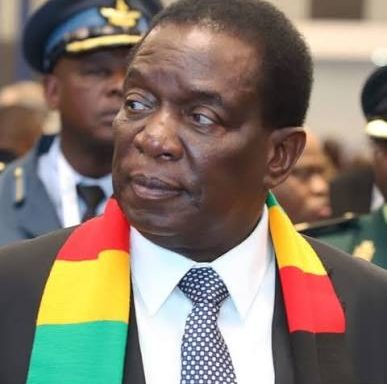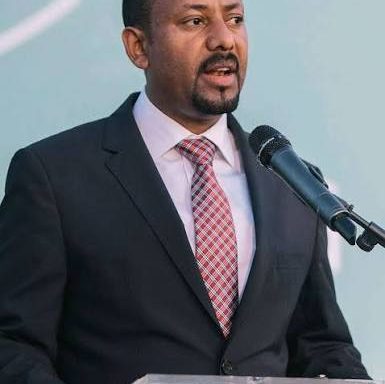Torrential rains have caused catastrophic flooding across the Democratic Republic of the Congo, resulting in more than 100 deaths and washing away over 150 homes.
The disaster struck Thursday into Friday morning, devastating villages such as Kasaba in South Kivu where the Kasaba River burst its banks, releasing tons of water into communities, according to local officials who spoke to AFP.
Join our WhatsApp ChannelThe disaster highlights the DRC’s growing vulnerability to climate-driven floods, exacerbated by failing infrastructure and inadequate disaster response systems. Over the past five years, the country has faced recurrent flooding, with 2024 seeing the worst deluge in 60 years that displaced hundreds of thousands and overwhelming the nation’s limited defences.
READ ALSO: Floods: Nigeria In A Perpetual State Of Emergency Unpreparedness
One official, Bernard Akili, told AFP: “The heavy bursting of the river banks resulted in high current water carrying everything in their path, large stones, large trees and mud, before razing the houses on the edge of the lake.”
“The victims who died are mainly children and elderly,” he added, noting 28 people were injured and about 150 homes destroyed.
The Kasaba area remains accessible only via Lake Tanganyika, with no mobile network coverage, a hurdle for rescue efforts. South Kivu’s provincial health minister, Theophile Walulika Muzaliwa, told AP: “Sector chiefs, village chiefs and locality chiefs, who are also members of the local government, are on site. The only humanitarian organisation currently present is the Red Cross.”
The DRC’s ability to predict and respond to floods has collapsed alongside its infrastructure. Once supported by 80 river monitoring stations in 1995, the country now relies on just 13—leaving entire regions without flood warnings. Meanwhile, humanitarian funding falls drastically short; in 2022, only a third of needed aid was secured.
President Félix Tshisekedi declared a hydrological and ecological catastrophe in January 2024 and convened emergency meetings to address the crisis. but citizens say promises haven’t translated into action.
As survivors grapple with the aftermath, fears grow that without urgent intervention, future floods could bring even greater devastation to one of Africa’s most vulnerable nations.


